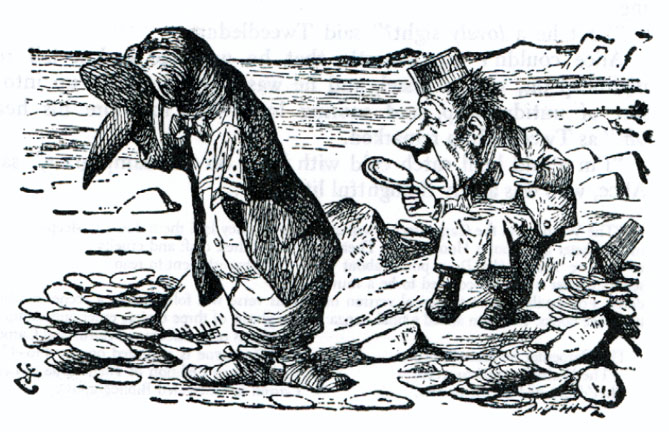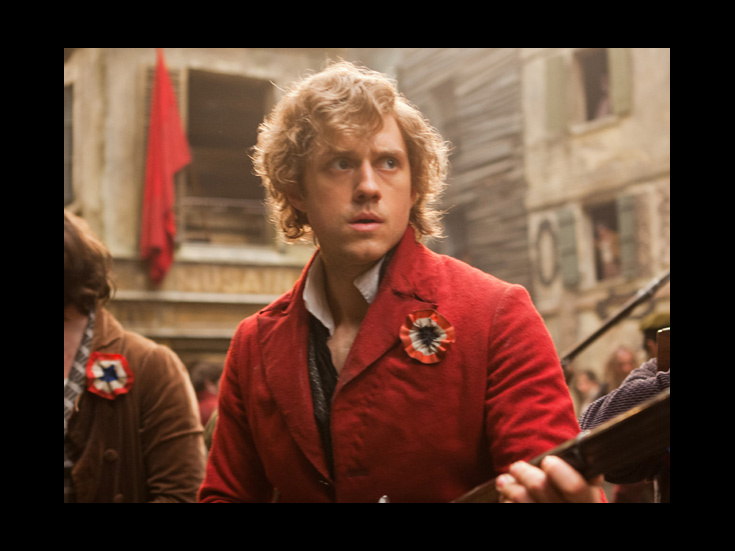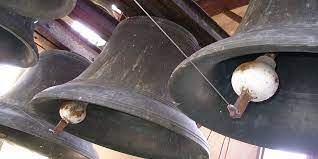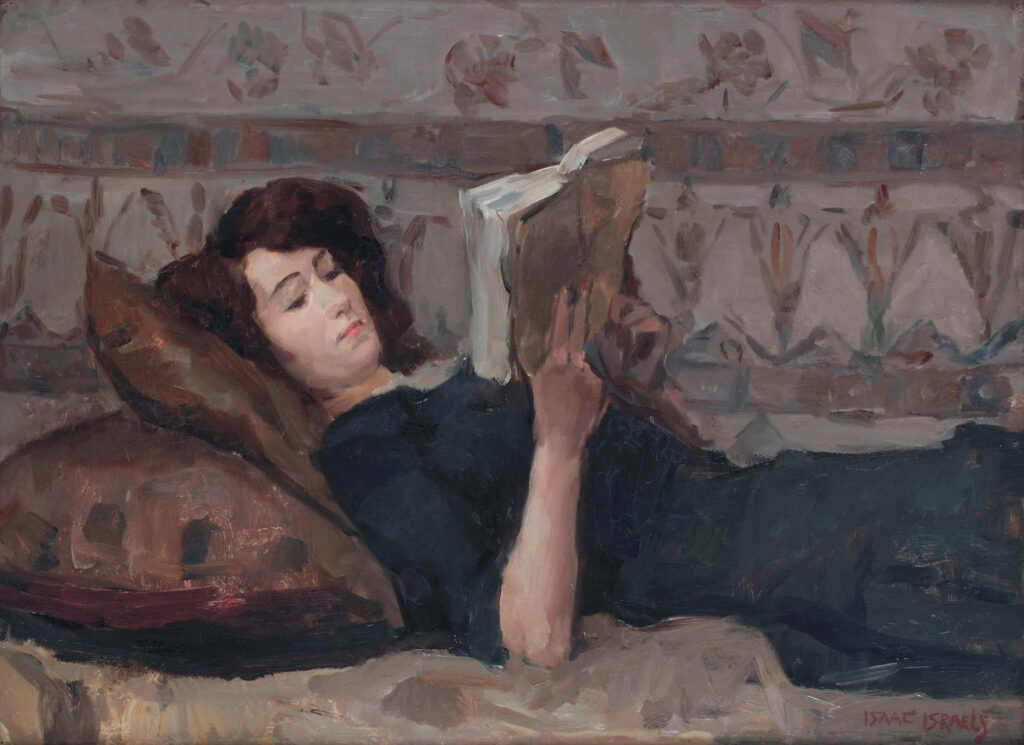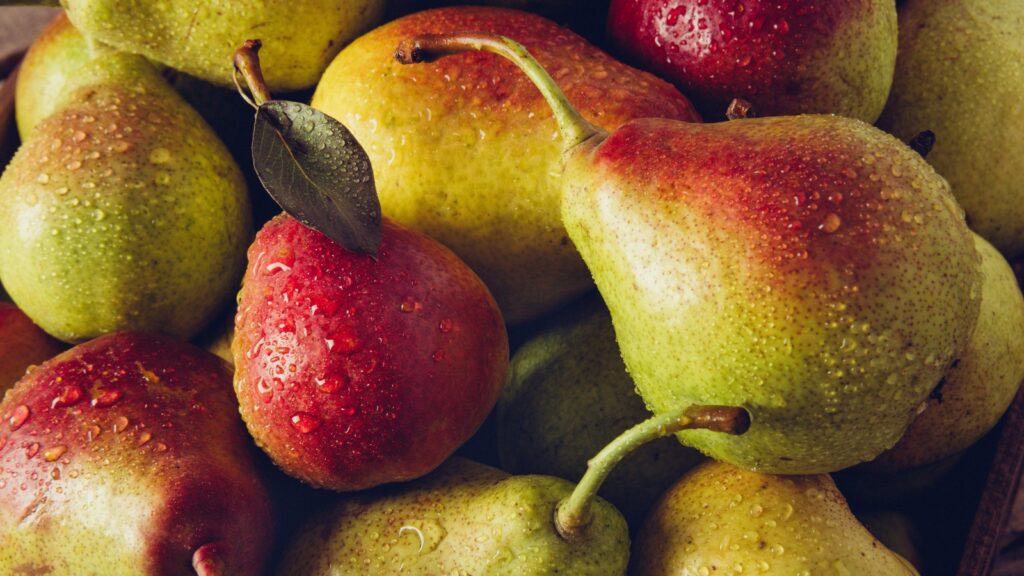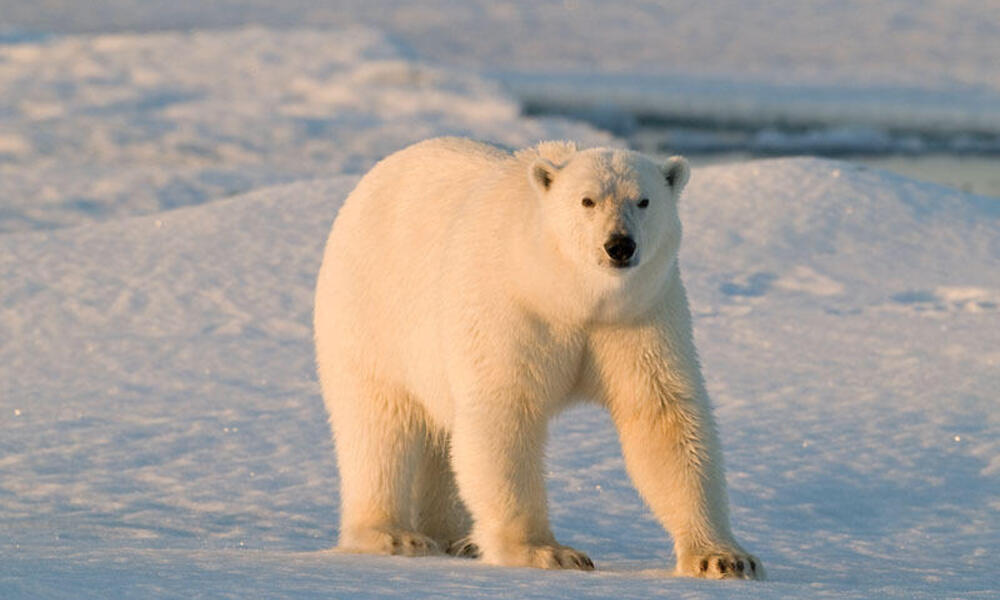Wednesday
Since attending a Carleton College conference in Tucson, Julia and I have been traveling around Arizona, including to the Arizona Sonora Desert Museum. I’ve never visited the American southwest before and know the Sonora Desert only through the poetry of Richard Shelton and Lucille Clifton. The experience of actually visiting it, therefore, was like meeting someone in person whom you’ve previously only known through zoom. There’s nothing like coming face-to-face with the real thing, and we were awestruck.
Clifton appears to be awestruck as well. I’m convinced that she visited the same museum we did before writing her Sonora poem. Perhaps Shelton and his wife, to whom Clifton dedicates her poem, took her there. In any event, some of the facts Julia and I learned about the saguaro cactus from an informative docent show up in Clifton’s poem.
For instance, we learned about that, while they can grow to over 20 feet high despite having a relatively short taproot, they are quite stable. In addition to a secondary root system, which searches out water, one way they remain balanced is through their arms. Clifton focuses on his feature in “questions and answers.”
The poem is Clifton’s response to all the people who have asked her where she gets her self-confidence. Comparing herself to the saguaro, she replies that just because she appears stable doesn’t mean that she actually feels that way. To cope like the cactus, she thrusts out her arms in “in protest and celebration.” (“Won’t you come celebrate with me,” Clifton writes in another poem.) After the saguaro analogy, Clifton then shifts to an image of Jesus starting his water walk. Her conclusion: while Jesus couldn’t have been absolutely sure that the water would hold him, he understood that “the surest failure is the unattempted walk.” Clifton sees herself making improbable walks as well. Here’s the poem:
what must it be like
to stand so firm, so sure?in the desert even the saguaro
hold on as long as they cantwisting their arms in
protest or celebration.you are like me,
understanding the surpriseof jesus, his rough feet
planted on the waterthe water lapping
his toes and holding them.you are like me, like him
perhaps, certain only thatthe surest failure
is the unattempted walk.
Clifton plunges even deeper into cacti in “sonora desert poem.” Like Julia and me, she must been impressed to learn about the saguaro’s survival skills. Often hundreds of years old, the cacti have ways of scarring over when birds and other natural forces penetrate their outer defenses. Scarred and prickly are two ways that Clifton also sees herself. Here’s part 1 of the poem:
Sonora Desert Poem
for lois and richard shelton
by Lucille Clifton
1.
The ones who live in the desert,
if you knew them
you would understand everything.
they see it all an
never judge any
just drink the water when
they get the chance.
if i could grow arms on my scars
like them,
if i could learn
the patience they know
i wouldn’t apologize for my thorns either
just stand in the desert
and witness.
In the second section, Clifton connects various aspects of the Sonora with the African American journey—both the sea that once got crossed and the yearning for freedom, symbolized by reaching for the mountains. Even though the mountains are far away and the sun is hot and unrelenting—think of the slaves working the cotton fields while dreaming of freedom—Clifton describes a shaft of light at sunset, which reminds her of transcendent possibility. Jules Verne has a novel about this phenomenon–it’s called The Green Ray–where he notes that few people see it, even though it is a natural and regularly occurring phenomenon:
2. directions for watching the sun set in the desert
come to the landscape that was hidden under the sea.
look in the opposite direction.
reach for the mountain.
the mountain will ignore your hand.
the sun will fall on your back
the landscape will fade away.
you will think you are alone until a flash
of green incredible light.
Clifton’s reliance on that flash reminds me of the conclusion of her poem about “the man who killed the bear,” who it so happens is the father who sexually abused her as a child. In what has been an inspiration to other survivors, Clifton writes that a small sliver of the moon’s light was all she needed to hold on to hope:
only then did i know that to live
in the world all that i needed was
some small light and know that indeed
i would rise again and rise again to dance.
For the third section, Clifton returns to the saguaro as she continues her theme of resilience in the face of adversity. The cactus fills up with water when it gets the chance, which takes it through the tough times. Clifton is talking about the extra resilience that African Americans developed to cope with their grim history. In fact, she claims that this history will help them in their efforts. Do not “push the bones back under your skin” she notes, with the implication that Blacks should wear their history openly and with pride. She also functions as a quiet witness to all that has gone on:
3. directions for leaving the desert
push the bones back
under your skin.
finish the water
they will notice your thorns and
ask you to testify.
turn toward the shade.
smile.
say nothing at all
The drama of the Sonora is survival in the face of often blistering heat and drought conditions. No wonder Clifton found herself drawn to it.
Further thought on the green ray:
Here’s the Wikipedia entry on the the phenomenon:
Green flashes and green rays are rare optical phenomena that occur shortly after sunset or before sunrise, when a green spot is visible for a short period of time above the sun, or a green ray shoots up from the sunset point. It is usually observed from a low altitude where there is an unobstructed view of the horizon, such as on the ocean. The idea in the novel that one can predict where and when to observe the green ray has no scientific basis. The rays are regularly sighted by airplane pilots because they often can see the true horizon in mid flight, more often when flying west because the sun’s relative motion is slightly slower.
That Clifton has witnessed the green ray comes as no surprise to me knowing what I saw of her as a former colleague. She was connected with nature in a way that I’ve seen in few people.

